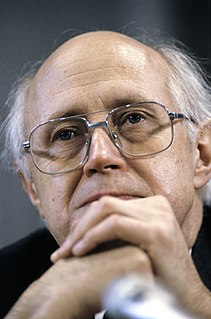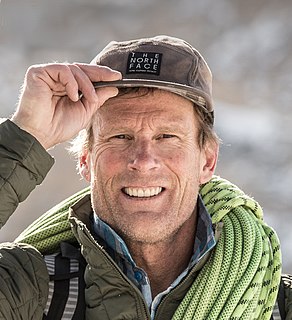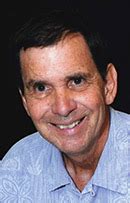A Quote by Brian Tracy
In a time of rapid change, standing still is the most dangerous course of action.
Related Quotes
Buddhists have a long-standing tradition of believing that at some level we always know what the best course of action is in any given situation. We just have to be quiet enough to let that course of action present itself to us. And we need the confidence to act when life shows us what we need to do.
Thoughts are ephemeral, they evaporate in the moment they occur, unless they are given action and material form. Wishes and intentions, the same. Meaningless, unless they impel you to one choice or another, some deed or course of action, however insignificant. Thoughts that lead to action can be dangerous. Thoughts that do not, mean less than nothing.
Let the liberal turn to the course of action, the course of all radicals, and the amused look vanishes from the face of society as it snarls, “That’s radical!” Society has good reason to fear the radical. Every shaking advance of mankind toward equality and justice has come from the radical. He hits, he hurts, he is dangerous. Conservative interests know that while liberals are most adept at breaking their own necks with their tongues, radicals are most adept at breaking the necks of conservatives.
So the British, of all ages, still walk the course. On trips to Florida or the American desert, they still marvel, or shudder, at the fleets of electric carts going off in the morning like the first assault wave at the Battle of El Alamein. It is unlikely, for some time, that a Briton will come across in his native land such a scorecard as Henry Longhurst rescued from a California club and cherished till the day he died. The last on its list of local rules printed the firm warning "A Player on Foot Has No Standing on the Course."
The urge to distribute wealth equally, and still more the belief that it can be brought about by political action, is the most dangerous of all popular emotions. It is the legitimation of envy, of all the deadly sins the one which a stable society based on consensus should fear the most. The monster state is a source of many evils; but it is, above all, an engine of envy.



































